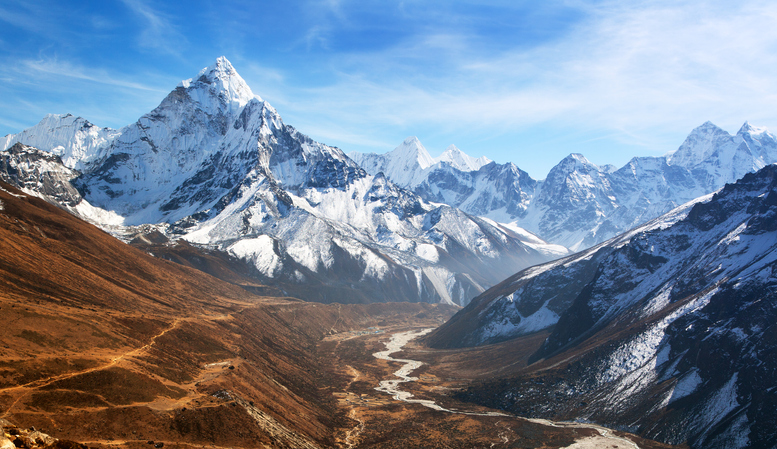- Friday, May 17, 2024
More than 60 organisations have come together under the umbrella campaign ‘People for Himalaya’ and issued a five-point charter stating their demands for an immediate ban on all mega-infrastructure projects and a review of existing ones.

By: Twinkle Roy
INDIA is witnessing the coming together of environmentalists and organisations that cater to the socio-economic needs of nature-dependent communities as more than 60 such organisations vocally call for a complete ban on the mega-infrastructure projects that are in the implementation level in the Himalayas.
The ‘People for Himalaya’ campaign has put its foot forward by issuing a five-point charter that conveys its demands and asks all the political parties contesting in the general elections of 2024 to heed what they say, through an online press conference.
The campaign has called for a complete ban on projects related to the railways, hydropower projects, tunnelling, transmission lines, and four-lane highways.
Read: Sri Lanka rejects China offer, inks energy deal with India
Besides, they have also demanded a thorough multidisciplinary evaluation of the existing projects and their impacts. They have raised their voice in favour of information sharing through referendums and public consultations before taking any major step.
“While industries exploit the riches of the Himalayas, the local people bear the brunt of disasters. The government uses taxpayers’ money for rehabilitation efforts yet those who reap the benefits are not held accountable,” said Sonam Wangchuk, the climate activist who has become a common social media figure for his 21-day fast demanding Ladakh to be included in the Sixth Schedule of the Constitution.
“Bureaucrats from Chandigarh or Lucknow may not fully understand the fragility of the region. The best of all could also make mistakes and the worst of all would sell it off to industries,” he added.
Read: In massive push to Indian Railways, Modi launches 2,000 projects worth £4b
Delving deeper into the laws, the organisations together have demanded reinforcement of the Environment Impact Assessment Notification-1994, the removal of the EIA-2020 amendments and FCA-2023 amendments.
Prior consent of the local bodies like gram sabhas, panchayats, and municipal bodies has to be mandated after regular sharing of information on the latest risk studies and consultations on climate adaptation strategies, disaster risk mitigation, and the work carried out under the National Mission on Sustaining the Himalayan Ecosystem, they said and that, the regional environmental laws and regulations like the Van Panchayat Rules in Uttarakhand need to be reinforced.
Mohan Saikia from the Northeast Dialogue Forum alerts of the floods that will be let loose as a result of hydropower plants being developed in the Brahmaputra river basin area.
Read: India, UAE ink pact to fast operationalise economic corridor
Guman Singh from the Himalaya Niti Abhiyan and Atul Sati of the Joshimath Bachao Sangharsh Samiti said the Beas floods and the land subsidence in Joshimath are “man-made, policy-led disasters”.
Vimla Vishwapremi of the Parvatiya Mahila Adhikar Manch, Himachal Pradesh emphasised that the worst hit are the ones who have the least contribution in these disasters.
Anmol Ohri from the Climate Front Jammu reiterated the triggering of floods brought in by mindless pilgrim tourism, road construction in glacial regions, and riverfront development.
(with PTI inputs)
![]()